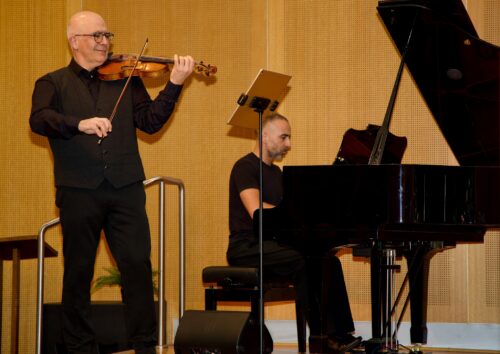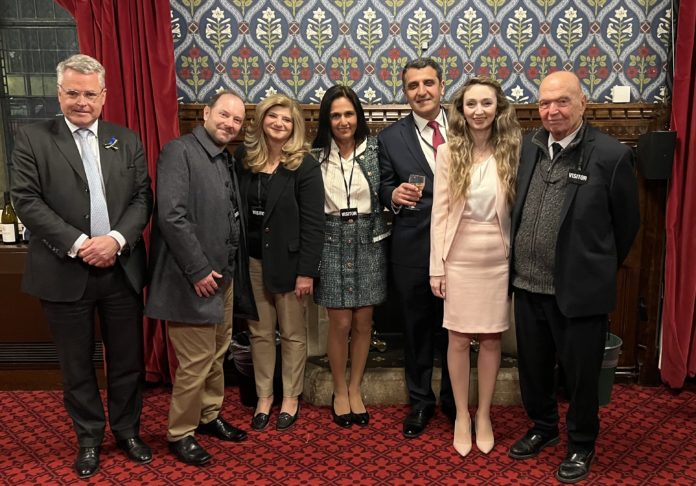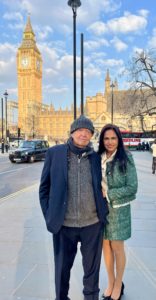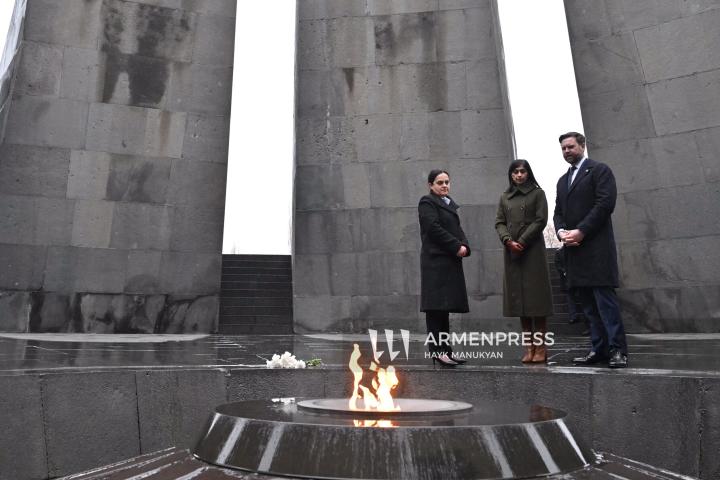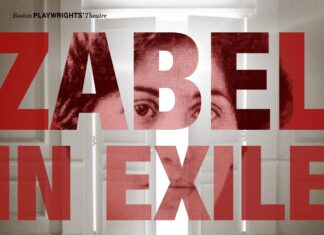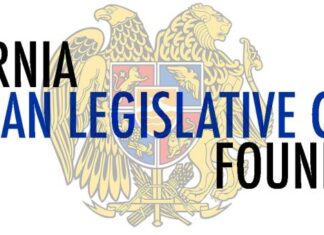LONDON — Filmmaker Ani Hovannisian was invited to speak and share her documentary, “The Hidden Map,” in the British Parliament on March 23. The gathering was attended by the All Party Parliamentary Group for Armenia, with invited guests including Armenia’s Ambassador Varuzhan Nersesyan and his wife Narine Malkhasyan, Prof. Richard Hovannisian, and Scottish explorer Steven Sim, who is featured in the film.
The event, which marked the film’s inaugural presentation in the United Kingdom, was organized and hosted by Chair of the APPG, Parliamentarian Tim Loughton, and initiated by Annette Moskofian, Chair of the Armenian National Committee UK.
Hovannisian prefaced the film with a reminder about the continuing cycle of human destruction when colossal crimes as those inflicted upon Armenia and Artsakh are allowed to go unrequited. “The power of memory against forgetting is a great weapon,” she added, “and this film is for all of us and for the people whose voices cannot be heard.”
The diverse group watched “The Hidden Map” attentively, as an Armenian-American granddaughter of Genocide survivors journeys to her lost ancestral homeland to face the forbidden past. She encounters a Scottish explorer there, and together, they dig beneath the surface of modern-day Turkey, uncovering buried secrets, sacred relics, daring resilience, and the hidden map. A robust, constructive discussion followed, particularly about the current state of Armenian affairs, Turkish denial, world response and lack thereof, and building grassroots relationships between people, while trying to affect State policy.
Loughton commented, “That film was absolutely fascinating. The fact that so many sacred sites that have meant so much to so many generations of Armenian Christians are completely neglected or proactively destroyed as we saw in the film is heartrending.” MP Fiona Bruce, the Prime Minister’s Envoy for Freedom of Religion or Belief, added, “Thank you for allowing me to understand more about the very sad history of so many parts of Armenia and for drawing this history to a much wider audience.”
Bishop of Coventry, Lord Christopher Cocksworth called it an extraordinary piece of work, adding that he was particularly moved by the people in the film: “The State will not acknowledge it, but we can’t give up on the people.”
